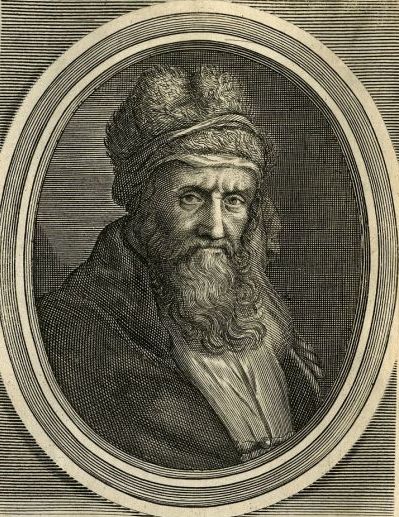“He calls drunkenness an expression identical with ruin.”
Pythagoras, 6.
The Lives and Opinions of Eminent Philosophers (c. 200 A.D.), Book 8: Pythagoras and the Pythagoreans
